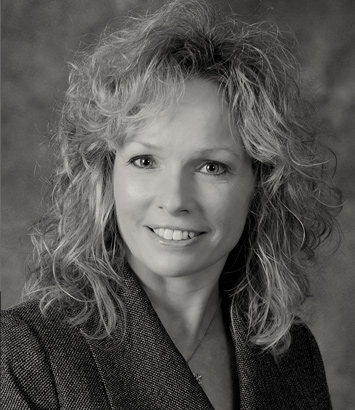Changes to Title IX Regulations Applicable to School Districts
June 8, 2020 – Legal AlertsThe events of this spring had many school districts looking forward to summer break. Unfortunately, it’s not quite resting time yet. On May 6, 2020, the U.S. Department of Education Secretary Betsy DeVos released new rules, which apply to colleges as well as K-12 schools and mark the first time the department has promulgated regulations under Title IX addressing how schools must handle sexual assault cases involving students. The rules – all 2,000 pages of them – will significantly change how colleges and school districts handle claims under Title IX. The rules take effect on August 14, 2020.
The rules have been discussed for quite some time and have been the subject of comments by educators, administrators, victims of assault, students, and advocacy groups. The rules replace prior guidance released during the Obama administration, which Secretary DeVos revoked in September 2017.
Among the notable changes for K-12 schools are the following:
- First, and most importantly, schools must act when they have “actual knowledge” of a complaint of sexual harassment. A school is deemed to have actual knowledge when a report is made to any employee of an elementary or secondary school. Clearly, training of all employees as to what constitutes sexual harassment is imperative. In addition, the person who investigates a claim of harassment cannot be the same person who makes a decision regarding discipline of the student, meaning that additional staff may need to be involved in investigations.
- The rules do adopt a new definition of “sexual harassment,” defining it as "unwelcome conduct on the basis of sex that is so severe, pervasive, and objectively offensive that it effectively denies a person equal access to the school's education program or activity.” Under the rules, schools are in violation of Title IX if they are deliberately indifferent to such conduct.
- The rules cover harassment that occurs “in the school's education program or activity.” Here, the rules define “program or activity” to include “locations, events, or circumstances over which the school exercised substantial control over both the respondent and the context in which the sexual harassment occurs.” Certainly, the rules incorporate some off-campus conduct, but what is left undecided is the extent to which the rules require schools to act when the harassment is online, or via social media.
- Parents or guardians of K-12 students now may file complaints on the student’s behalf, and parents or guardians must be notified of complaints against their children. In fact, schools will be required to tell the students involved and their parents in writing about the allegations and the evidence gathered and allow the accused person at least 10 days to respond. If the result will be discipline of a student for a sexual assault allegation, it must tell the victim in writing. Schools must keep written records of actions taken in response to sexual harassment complaints for at least seven years under the regulations.
- Though colleges and universities are treated differently, elementary and secondary schools are not required to hold hearings on student complaints.
- The rule also requires schools provide “supportive measures” to students, even if the student has not filed a formal complaint. Here, schools may need to become creative, considering counseling, changing schedules and the like to address sexual harassment, even if the student has not filed a formal complaint.
Most important, of course, before August 14, is that school districts ensure their policies match up with what the new rules require and begin training staff on the new rules. In addition to updating policies to reflect the new definitions and procedural requirements, school districts will need to begin training staff to recognize and respond to issues of sexual harassment.
Should you have any questions on this issue or others, please contact a member of Dinsmore & Shohl's Education practice group.

